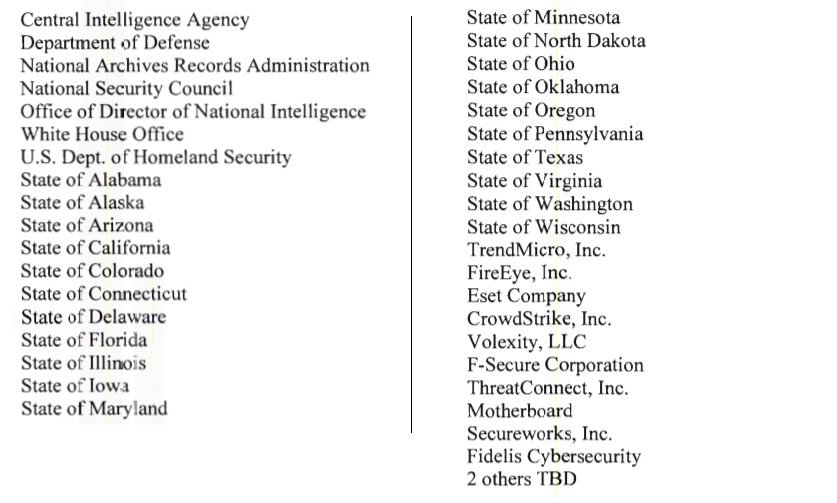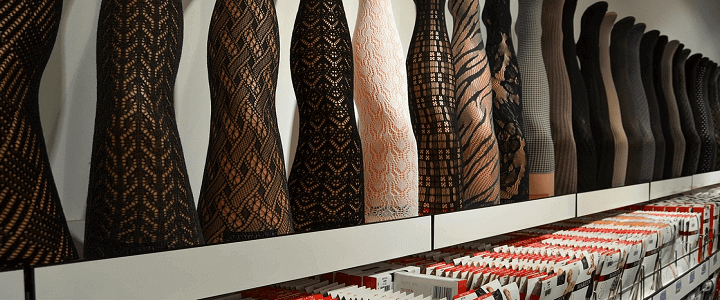The open and shut case of Reality Winner – who admitted to stuffing classified materials into her pantyhose and out of her workplace – just took a curious turn.
Following the rules required when handling classified information in court, the defense team requested the Classified Information Security Officer issue a number of subpoenas. Based on the unclassified “Notice of Filing” the defense is subpoenaing information from within a variety of government agencies and departments, to include the CIA and the NSA.

Information from 21 states and nine cybersecurity companies (TrendMicro, FireEye, Eset, CrowdStrike, Volexity, F-Secure Corporation, ThreatConnect, Secureworks and Fidelis Cybersecurity) were also included in the classified request. Department of Justice attorneys responded with a comprehensive explanation of the rules of discovery and that the request for the subpoenas was inappropriate.
The government would not wish to have any of the named companies have to confirm or deny their involvement in the classified NSA program compromised by Winner. This provides adversaries of the United States with pinpoint accuracy the identification of where offensive/defensive cybersecurity capabilities reside in the private sector. While some companies are very open about their support of and preparedness to launch offensive counter-attack capabilities, others aren’t.
The majority of industry would prefer their classified cyber intelligence work remain out of sight and certainly out of public discussion. The need to keep a secret is a two-way street. The government wishes the commercial partner to maintain secrecy in order to protect sources and methods of intelligence collection. The commercial partner is oftentimes equally interested in keeping the relationship quiet, especially within multinational companies. One can imagine the sales team fielding a question from a foreign government concerning the technical capabilities provided to the NSA and whether or not those capabilities were/could/may compromise the product or services being proffered.
Ultimately the court will decide if the subpoenas are appropriate. From this seat, it would appear that Winner’s strategy is to utilize subpoenas and request for information associated with the classified program as a means to overburden the government. In other words, they seek to make the price of prosecution too great. The goal is to force the government to choose between prosecuting the case, and keeping its national security sources and secrets safe.
Winner’s trial is now set for October 15. The request may be denied. If granted, then we simply hope the portion dealing with the classified information remains behind the closed doors and cloak of national security.




